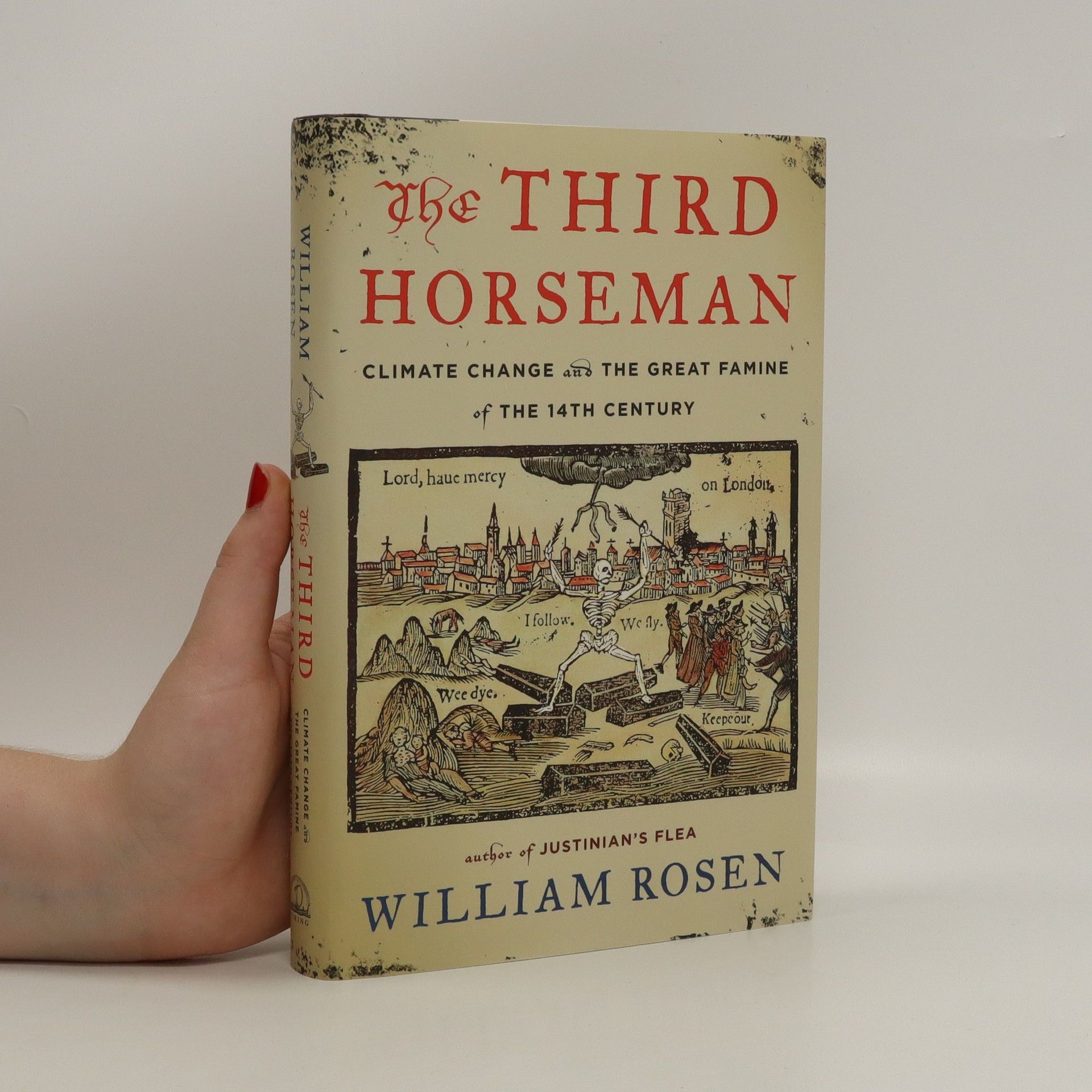The narrative unfolds the dramatic clash between a minuscule organism and a powerful empire, exploring themes of survival, resilience, and the far-reaching impacts of nature on human history. Through vivid storytelling, the author delves into the intricate relationship between humanity and the natural world, highlighting how a seemingly insignificant entity can challenge and reshape the course of an empire. Rich in historical detail, this epic tale captures the tension and consequences of this extraordinary encounter.
William Rosen Books
William Rosen was a historian and author who brought complex subjects to life through compelling narrative. His style, which used anecdotes to weave together threads of discovery and innovation, drew readers into the stories of science and technology. Rosen argued that the ability to measure incremental advances is key to sustained innovation, reflecting his deep interest in how progress shapes the world. His work demonstrates the interconnectedness of historical events and scientific breakthroughs and their impact on human civilization.


The third horseman
- 302 pages
- 11 hours of reading
In May 1315, relentless rain began in northern Europe, lasting until August, followed by the coldest winters in a millennium. Two animal epidemics decimated nearly 80 percent of livestock, while wars in Scotland, England, France, and Flanders ravaged farmland. Over seven years, these calamities resulted in the deaths of six million people—one eighth of Europe's population. This period marked one of the most catastrophic events in European history, known as the Great Famine. The narrative explores the intertwined forces that led to this disaster, linking feudalism, agricultural economics, climatology, and chivalric warfare to illustrate how impersonal traumas transformed hunger into starvation. Key figures, including Scotland's William Wallace and Robert Bruce, stand against Edward II of England, whose failures highlight shifting demographics. By integrating current scientific theories and economic models, the author underscores the implications of these historical events for contemporary climate change. This compelling account, rich in detail and insight, serves as a poignant reminder of how gradual shifts can disrupt the fragile balance of life and death throughout history.